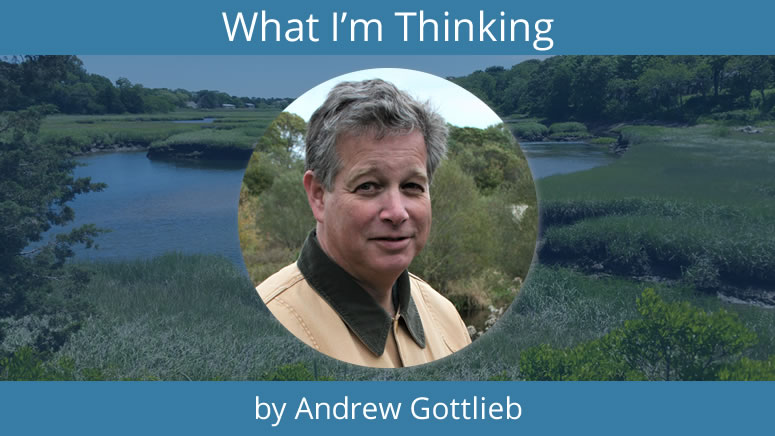In the strange red light of a dawn colored by the smoke of the fires raging in the American west, I read of towns in Utah freezing development because there is no more water to service new homes and businesses. Yeah, I said Utah, hardly a refuge for land use regulators, has realized that there are limits. There are limits to what the resources of a region can support without everything collapsing. I have no idea if Utah has it right or not, but their experience has relevance to us here on Cape Cod.
While I realize our summer has had some damp days, Cape Cod is still in a level 1 drought and the rest of the country has been experiencing extreme heats, drought, and fire. Locally we are dealing with ponds closed to protect the public from exposure to cyanotoxins. Estuarine water quality continues to decline. Just last night, Mashpee selectmen were told that the town’s bays have declined to the point that no high-quality waters remain in either bay. Both phenomena are driven by excess nutrients from septic systems and fertilizer use. Add in the traffic and people are openly talking about how much of us, people, the Cape can take.
Are we approaching the tipping point? Have we crossed it already? I don’t know. Are we stressing and abusing our resources? Yes, hell yes. If we don’t want to be forced to do what Utah has done, there are some easy things we can do to lessen our collective impact on the world. All it takes is a little self-awareness about our impact, and frankly a little less selfishness to ensure that resources that support the common good are preserved for all.
It has all been talked about here before: Lay off the fertilizers, stop competing with your neighbor to see who can most closely replicate a putting green lawn, lay off the chemicals, add native plants to your yard, recognize that a leaf munched on by a caterpillar is less a source of visual blight on your landscape than it is a source of food for that lovely bluebird that can really enhance your yard, and stop watering your lawn with drinking water better used in a refreshing glass of water or left in the ground to recharge your nearby pond or stream. Many more ways to live here in greater harmony with the land can be found at apcc.org.
We may not be Utah yet but if you don’t want to be in the position they find themselves in, collectively we need to be better. The low hanging fruit is easily harvested. The Cape still has choices. A choice to remain the same and to behave the same leads us further down a dark road to Utah.


